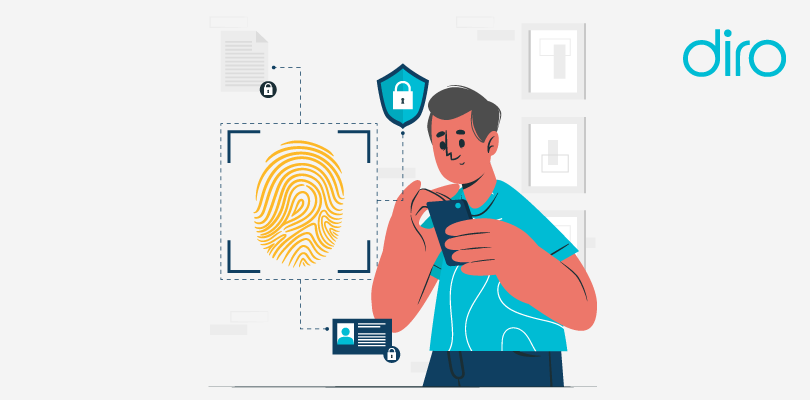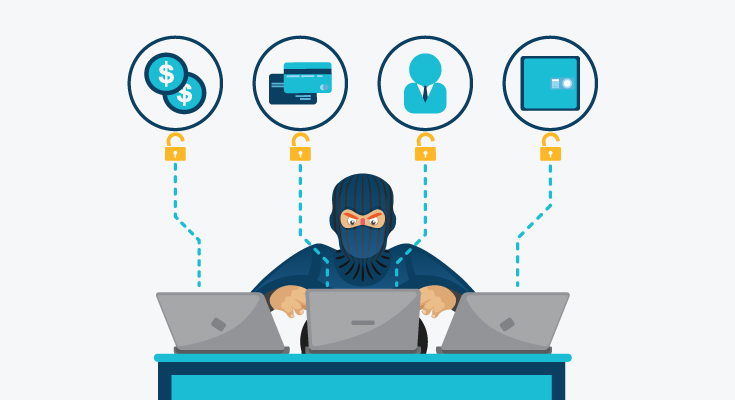How Identity Verification is Set to Replace Notaries?

Even in the legal industry, constant innovation is changing how basic work is handled. The latest technology is reshaping traditional practices and bringing forth the use of time-saving and efficient practices.
One change we’re witnessing in the legal industry is the slow but imminent replacement of notaries. Why? Because businesses everywhere are relying on the latest identity verification systems. This sudden shift is bringing forth a new era of convenience, security, and accessibility in legal transactions.
In this guide, we’ll be talking about how identity verification technologies are replacing notaries.
History of Notaries
If we look back a decade, notaries had an important role in verifying original documents, identities, and signatures. A notary’s sign/stamp/seal signifies the authenticity of the document/identity. Before businesses globally started relying on identity verification solutions, notaries verified documents and identity information before onboarding.
However, relying on notaries for the verification process is cumbersome. To get the information verified, you had to be physically present, you had to schedule appointments, and pay the notary fee.
All of this led to slow onboarding and a high number of false positives. This is not something businesses can afford in the fast-paced environment.
Role of Identity Verification
Identity verification technologies help streamline age-old processes. There is a range of ID verification solutions, each one with their specification. Some combine biometric authentication, document analysis, and data verification, to verify identities.
The best identity verification solutions can confirm an individual’s identity without the need for a physical presence. This means that customers can be onboarded swiftly and securely from anywhere across the globe.
Benefits of ID Verification Solution over Notaries
There are endless benefits of replacing notaries with identity verification solutions, let’s explore them:
- Verify Identities from Anywhere
The first and foremost benefit of using ID verification technologies is that they allow businesses to conduct legal activities from anywhere in the globe.
This is advantageous for businesses that want to onboard customers from around the globe. Businesses can also verify the identity of those with mobility issues or those residing in remote areas.
The elimination of physical barriers opens up opportunities for international transactions, facilitating cross-border commerce and collaboration.
- Enhanced Security and Mitigates Fraud
Identity verification systems improve security and mitigate the risk of fraud. By leveraging advanced algorithms and biometric markers, these systems can detect forged documents or fraudulent attempts at identity theft.
This ensures the integrity of legal transactions and protects all parties involved from potential scams or unauthorized alterations.
- Cost Effective
Another advantage of using identity verification technology promotes cost-effectiveness and efficiency in legal services. Notary fees, travel expenses, and administrative overheads are significantly reduced, making legal transactions more affordable and accessible to a wider audience.
Additionally, the streamlined process reduces the time required to execute agreements, enabling businesses to expedite deals and capitalize on opportunities swiftly.
Challenges of Using Identity Verification Solutions
However, it’s essential to acknowledge the challenges and considerations associated with this transition.
Privacy concerns, data security, and regulatory compliance must be carefully addressed to ensure the ethical and responsible implementation of identity verification systems. Moreover, there may be resistance from traditionalists within the legal profession who are reluctant to embrace technological innovations.
Summing Up
Nevertheless, the trajectory is clear: identity verification is poised to revolutionize legal services, replacing notaries with a more efficient, secure, and accessible alternative.
As technology continues to evolve and society embraces digital transformation, the legal landscape will adapt accordingly, ushering in a new era of convenience and confidence in legal transactions.












